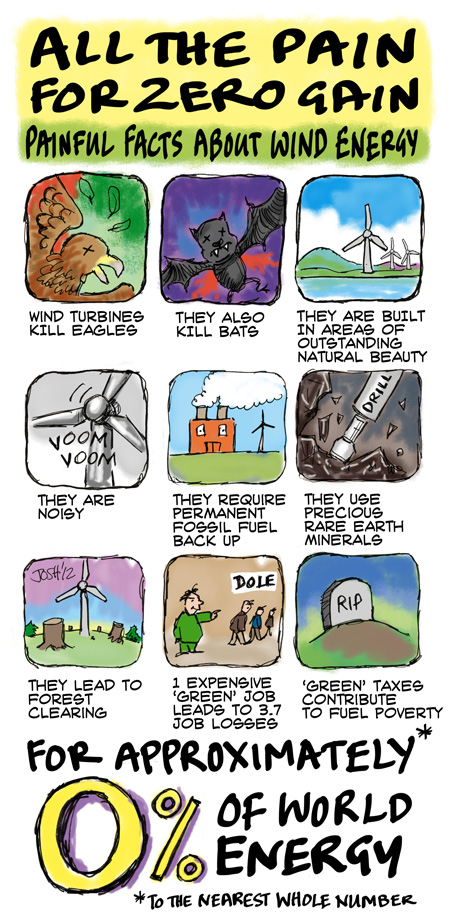George Jonas who “imbibed too many Molotov-cocktails in his youth” on the European project:
The news comes on a day when market analysts observe “a sea of red.” European bourses are down 1.5%, China’s growth target is lowered from 8% to 7.5%, and the Greek government’s contingent liabilities are likely to exceed a trillion euros. While Europe’s debts are going through the roof, Viviane Reding has her eye glued to the glass ceiling. The European Commissioner for Justice doesn’t like what she sees.
“The European Commission is considering introducing mandatory quotas for female members on corporate boards,” reports Germany’s Suddeutsche Zeitung. The meticulous newspaper leaves no doubt about the reason. “Pleas for companies to voluntarily introduce such quotas themselves produced no effect.”
The EU’s definition of a free society is where people do the authorities’ bidding voluntarily. The EU is socialist, of course, not communist. Socialists consider an intermediate stage of voluntary compliance essential before turning to coercion.
Communists find this a hoot. They say it’s hypocritical and a waste of time. It’s hard to disagree with them. Communists are always nasty, but not always wrong.
Update: Of course, with their top-down, we-know-best approach, it’s no surprise that they were totally astonished when people interpreted their latest pro-expansion video a bit less positively than they expected:
H/T to the Adam Smith Institute blog for the video:
Critics of the EU are often accused of being “Little Englanders”. In the light of rhetoric like this from the EU it’s clear that the mindset behind the EU itself is little more than Little Englanderism writ large across the continent — still preoccupied with keeping out scary foreigners and closing Europe off from alien cultures. If the EU is offering an insular Europe that demonizes and builds walls against foreigners, I would turn it down. There’s a whole world out there to trade and engage with.





